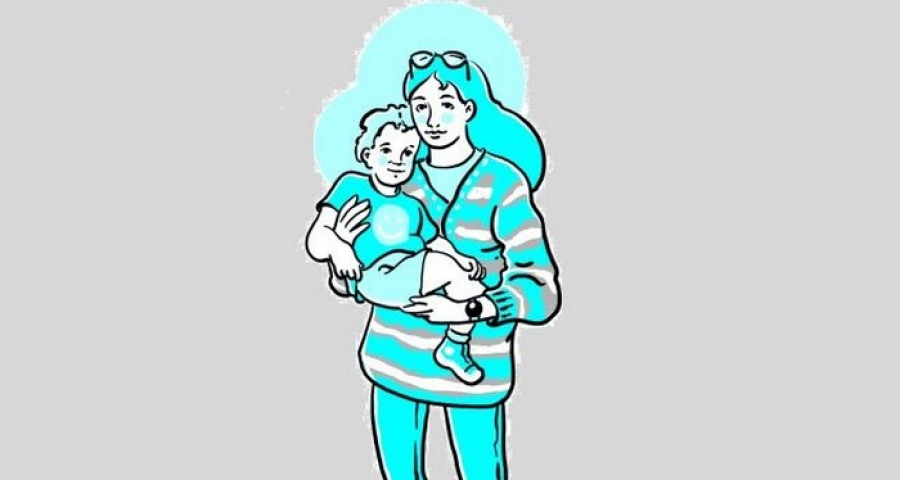Today, we should take the part of Christianity that’s still alive and inculturate it in our post-Christian time, which no longer understands the languages of faith, but would be able to understand them through an appropriate cultural and narrative operation.
by Luigino Bruni
published in Messaggero di Sant'Antonio on 03/03/2023
Christianity, that is, Christian civilisation, was not born out of the Gospel alone. It was the result of a hybridisation between the Gospels, the Bible, Greco-Roman culture, Italic and European civilisations, and also the Longobard, Nordic, Slavic, Byzantine and Arab civilisations. Christian Europe is the fruit of this cross-breeding, much richer and more varied than just Christian theology or faith. Popular piety is an interweaving of many faiths and traditions, and processions have gradually taken the place of pagan processions dedicated to the gods of the fields and nature. The vast majority of pre-modern Italians and Europeans had no idea what the Holy Trinity was, no idea of the difference between Jesus and God the Father, no idea of the difference between Jesus, Our Lady and the saints: they were all deities on whom, they believed, life depended. On their feasts, the ancient Europeans and Italians continued to sing the usual songs behind the processional canopies, only carrying a different statue under them, and sometimes not even that.
This mixing went on, without major discontinuities, until the 20th century. The religion of my grandmother and grandfather, peasants and Christians, consisted of prayers in a dialect version of Latin with incomprehensible content. In Mary they saw not so much her immaculate conception, but that she had been a mother, that she had given birth in the cold and frost in a stable, that she had been under the cross of her son, that she had held him, dead, in her arms. As they, too, did, as women and mothers did. They did not know Christological dogmas, but they knew that Jesus was good, that he loved the poor and healed the sick, that he had died crucified with his mother under the cross, that therefore he too had suffered much, perhaps more than they did. And that is why they loved him, and that was all they needed to believe that God the Father was also good, but could always get angry and punish (the idea that God was only love was never the idea of the people). Even today, my father can recite only one prayer by heart in a mixture of Italian and Ascolan dialect. It is not among those learned in catechism (which I believe he never attended, catechism was one of the things for the rich or for city children), it is a prayer that is theologically imperfect, but full of the life and faith of the people. People who knew nothing of theology, but on 28 December, in memory of the ‘Slaughter of the Innocents’ by Herod, did not cut bread so as not to have to hold a knife in their hands.
The Church, especially the Catholic Church, was therefore not afraid to take pagan festivals and integrate them into Christian civilisation. Today we should do a similar and symmetrical operation: take the part of Christianity that’s still alive and inculturate it in our post-Christian time, which no longer understands the languages of faith, but would be able to understand them through an appropriate cultural and narrative operation. Just as the Christians took the pagan temples and built new churches on top of them (in Syracuse or Ascoli you can still see these), today we should take the pillars of Christianity that are still alive - especially the spiritual ones - and build new spiritual edifices on top of them that can be filled by the women and men of our time, who no longer understand the theological language of the 20th century but who still thirst and hunger for God, for salvation, for Christ. It’s a difficult operation, but an essential one: otherwise, depression will be the pandemic of the coming years. We are seriously behind schedule. Dietrich Boenhoeffer wrote this in his wonderful letter from prison on 30 April 1944, when he announced the need for a post-religious Christianity. Behind schedule, but perhaps still in time.
Photo credits: © Giuliano Dinon / Archivio MSA







